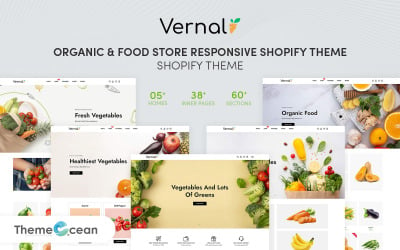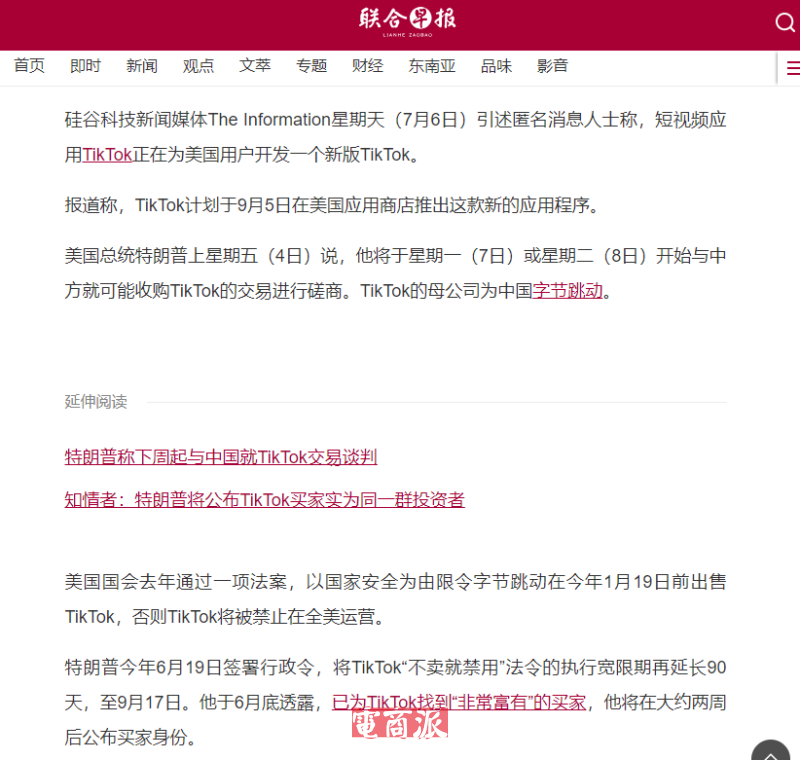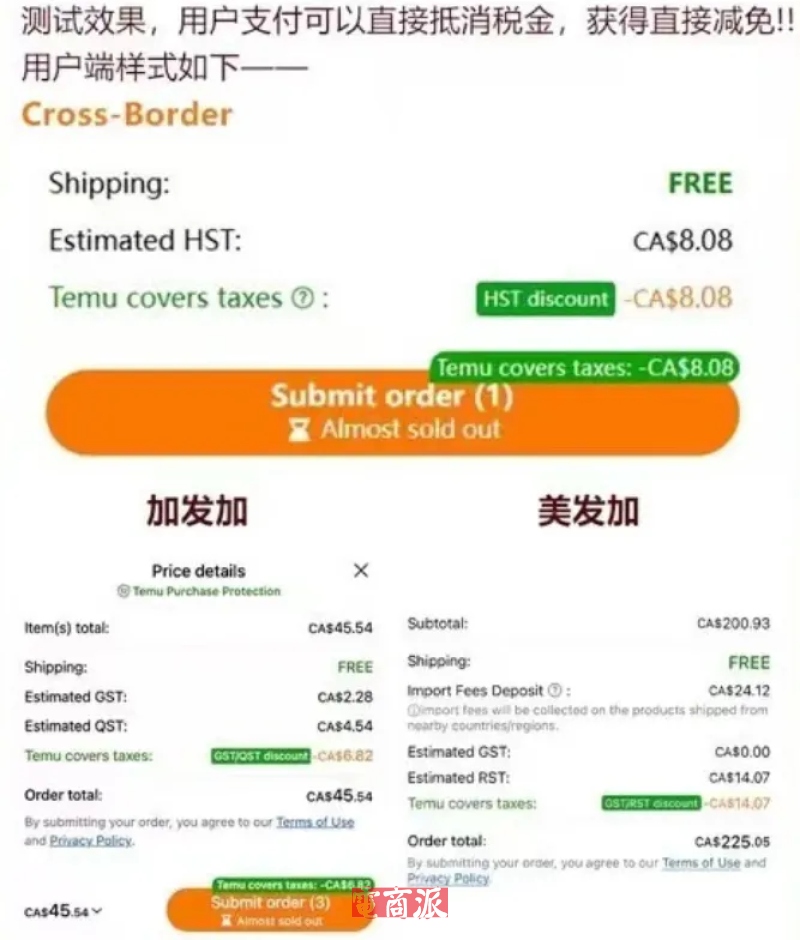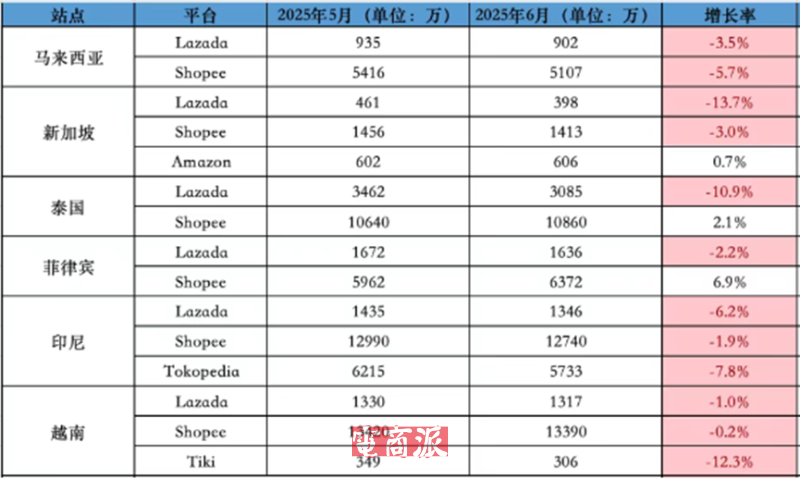flutterhtml

Flutter is a popular open-source framework developed by Google for building cross-platform mobile applications. It allows developers to write code once and deploy it on both Android and iOS platforms
saving time and effort in app development. In this article
we will explore the key features and benefits of using Flutter for mobile app development.
One of the most significant advantages of Flutter is its ability to deliver a native-like performance. Unlike other cross-platform frameworks that use web-based technologies
Flutter uses a compiled programming language called Dart. This enables Flutter apps to run directly on the device's native code
resulting in a smooth and responsive user experience. Flutter ensures that the app's performance is at par with native apps
whether it's in terms of animations
gestures
or rendering.
Another notable feature of Flutter is its widget-based architecture. Flutter offers a rich set of pre-built widgets that allow developers to create beautiful user interfaces easily. These widgets can be customized to match the platform's specific design guidelines
resulting in a consistent and native-like look and feel across both Android and iOS devices. Flutter's widget-based approach makes it easier to build complex UI layouts while maintaining code reusability.
Hot reload is another powerful feature of Flutter that significantly improves the developer's productivity. With hot reload
developers can see the changes they make in the code immediately reflected in the app's UI
without the need for a full restart. This allows developers to iterate quickly and experiment with different UI designs and functionalities
resulting in faster development cycles. Hot reload is particularly useful for UI designers and developers who prefer an iterative and interactive development process.
Flutter also provides a rich ecosystem of packages and plugins
known as Flutter packages. These packages cover a wide range of functionalities
from networking and database integration to charts and animations. The Flutter community actively contributes to these packages
ensuring that developers have access to a vast collection of tools and libraries to enhance their app development process. Flutter packages reduce the development time by providing a ready-to-use solution for common app features.
Another key advantage of using Flutter is its support for declarative programming. In Flutter
developers describe the UI by composing a tree of widgets. The framework then takes care of the underlying rendering and event handling without developers having to worry about the low-level details. This declarative approach simplifies the development process and makes the code more readable and maintainable.
Flutter also offers strong support for testing and debugging. The framework provides a suite of debugging tools and features such as the Flutter Inspector and DevTools
which allow developers to inspect and modify the app's UI and states during runtime. Additionally
Flutter integrates with popular testing frameworks
allowing developers to write unit
integration
and widget tests to ensure the quality and stability of their apps.
In conclusion
Flutter is a powerful framework that provides developers with a productive and efficient way to build cross-platform mobile applications. Its native-like performance
widget-based architecture
hot reload
and declarative programming approach make it a favorite among mobile app developers. With its rich ecosystem of packages and strong support for testing and debugging
Flutter offers a comprehensive solution for creating high-quality mobile apps for both Android and iOS platforms.
 邮件群发-邮件群发软件|邮件批量发送工具|群发邮件平台|批量邮箱发送系统公司
邮件群发-邮件群发软件|邮件批量发送工具|群发邮件平台|批量邮箱发送系统公司








